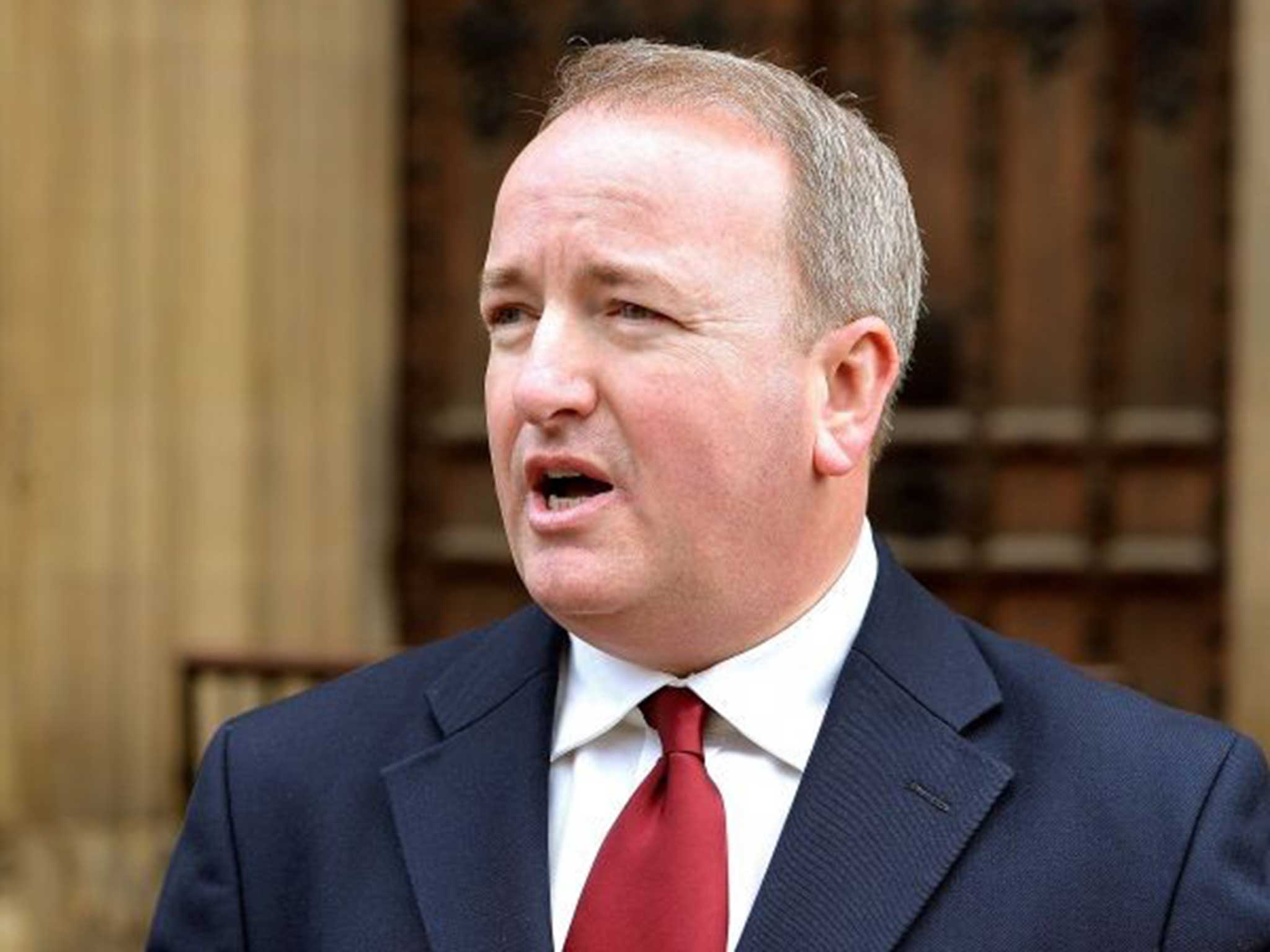Innocent or guilty, if you're accused of rape then you should not be granted anonymity
People accused of murder and terrorism aren't given anonymity, so why should someone facing claims of sexual assault be?


Your support helps us to tell the story
From reproductive rights to climate change to Big Tech, The Independent is on the ground when the story is developing. Whether it's investigating the financials of Elon Musk's pro-Trump PAC or producing our latest documentary, 'The A Word', which shines a light on the American women fighting for reproductive rights, we know how important it is to parse out the facts from the messaging.
At such a critical moment in US history, we need reporters on the ground. Your donation allows us to keep sending journalists to speak to both sides of the story.
The Independent is trusted by Americans across the entire political spectrum. And unlike many other quality news outlets, we choose not to lock Americans out of our reporting and analysis with paywalls. We believe quality journalism should be available to everyone, paid for by those who can afford it.
Your support makes all the difference.The decision to take no further action against MP Mark Pritchard over a rape allegation has been followed, as night follows day, with calls for anonymity for those accused of such crimes.
It always happens, and it is always wrong for a multiplicity of reasons.
Firstly it assumes that an accusation of a sexual offence is so uniquely damaging to an individual that they must be protected against it above all other offences.
More damaging than an accusation of murder, or terrorism then? Or do we include them in the blanket of anonymity descending upon those being investigated? And once we accept that in some circumstances the damaging nature of an allegation justifies anonymity, what is to stop accountants accused of fraud asking for it, or police officers accused of taking bribes?
The idea that some accusations warrant anonymity chips away at the bedrock of an open justice system. It doesn't matter how innocent the accused may be: they do not dictate how justice works any more than victims do.
Secondly, there's the practical impact on the investigation of such alleged crimes. Where a sexual offence is historic, or where there is some time lapse between the offence and it being reported (which is perfectly understandable given the nature of the offence), police may have little or no forensic evidence to rely upon.
In such cases building a prosecution case relies upon the account given by the victim and often that alone will not be enough. Sometimes in such cases naming the accused prompts other victims to come forward and the detail of their accounts, added to that of other victims builds a case against the accused. This was what happened in the case of former TV presenter Stuart Hall, whose victims came forward separately and effectively corroborated one another with the details they gave.
Thirdly, giving anonymity to those accused of such offences also lends weight to the suspicion many victims make up allegations and that anonymity for the accused should be given "just in case" this is another invented accusation.
The fact is that, notwithstanding very well-publicised cases like that of Mr Pritchard, the incidence of false allegations of a sexual offence is very small indeed. In a study published by the CPS in 2013 it was revealed that over 17 months in 2011 and 2012 there were 5,651 prosecutions for rape, and just 35 prosecutions for making a false allegation of rape.
It would be a grave mistake, and do victims a great disservice, if it were to be believed that such false allegations are rife when the statistics clearly show they are not.
Finally, the fact is that we have tried this before. Those accused of rape were given anonymity until conviction between 1976 and 1988. That was repealed because it was decided that being accused of rape was no different to being accused of any other serious offence.
I see nothing in Mr Pritchard’s case that would alter that decision.
David Banks is a journalist and media law consultant
Join our commenting forum
Join thought-provoking conversations, follow other Independent readers and see their replies
Comments